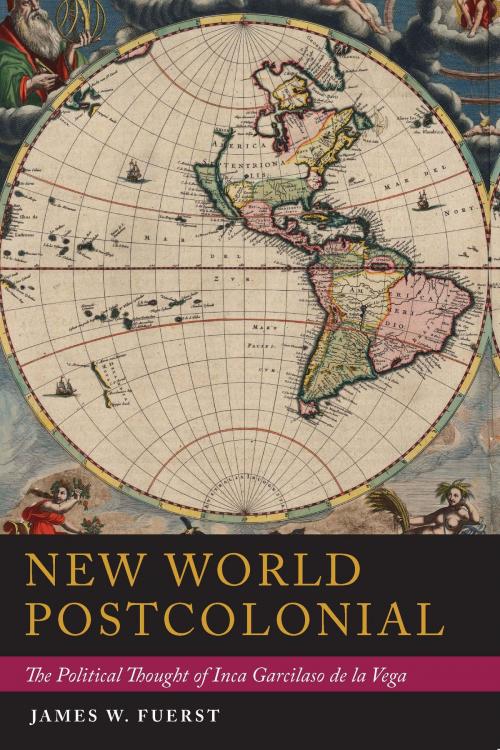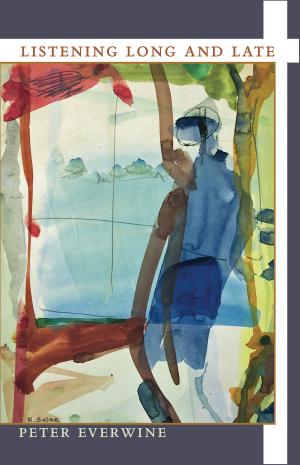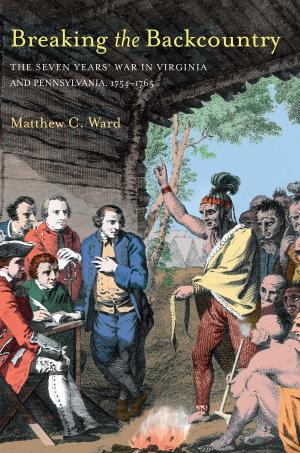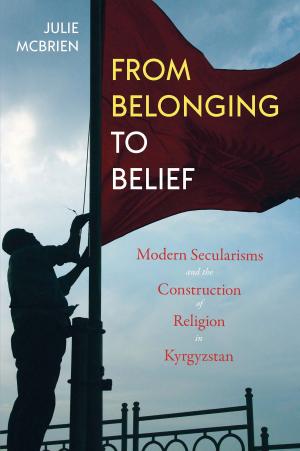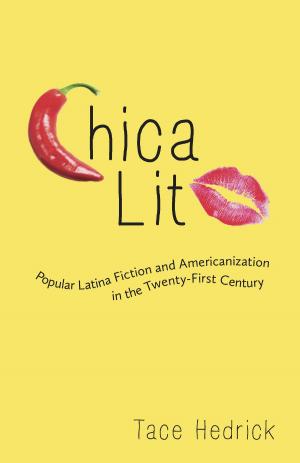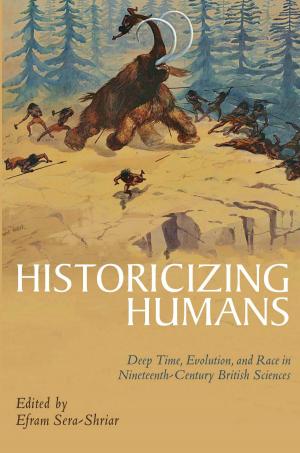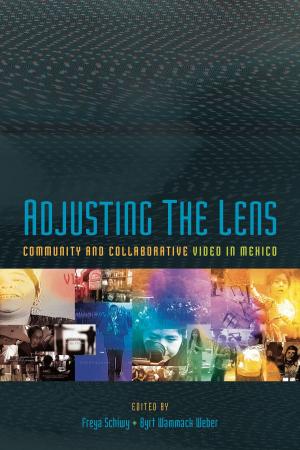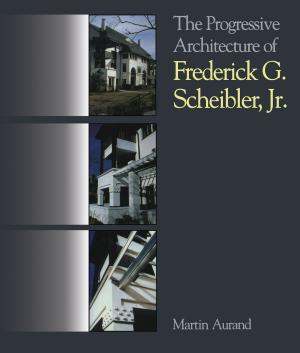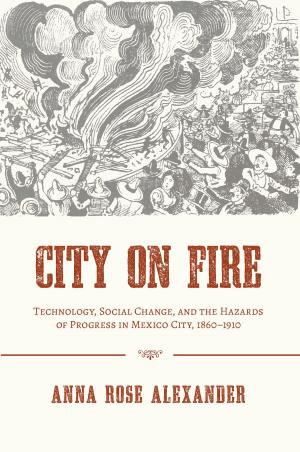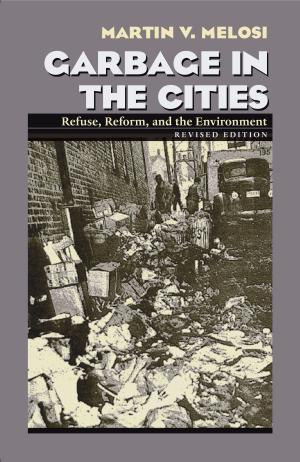New World Postcolonial
The Political Thought of Inca Garcilaso de la Vega
Fiction & Literature, Literary Theory & Criticism, Central & South American| Author: | James W. Fuerst | ISBN: | 9780822983460 |
| Publisher: | University of Pittsburgh Press | Publication: | June 29, 2018 |
| Imprint: | University of Pittsburgh Press | Language: | English |
| Author: | James W. Fuerst |
| ISBN: | 9780822983460 |
| Publisher: | University of Pittsburgh Press |
| Publication: | June 29, 2018 |
| Imprint: | University of Pittsburgh Press |
| Language: | English |
New World Postcolonial presents the first full-length study to treat both parts of Inca Garcilaso de la Vega's foundational text Royal Commentaries of the Incas as a seminal work of political thought in the formation of the early Americas and the early-modern period. It is also among a handful of studies to explore the Commentaries as a "mestizo rhetoric," written to subtly address both native Andean readers and Hispano-Europeans. As Fuerst demonstrates, by blending both Andean and European discourses to represent Incan history, Garcilaso further proposed restoring indigenous sovereignty by adopting a new mestizo governing body via the political alliance and intermarriage of encomenderos (estate holders) and Incas. This policy extended to education, missionary practices, and others, reflecting Garcilaso's hopes of forming a peaceful coexistence among native Andeans, mestizos, and first generation Spaniards.
New World Postcolonial presents the first full-length study to treat both parts of Inca Garcilaso de la Vega's foundational text Royal Commentaries of the Incas as a seminal work of political thought in the formation of the early Americas and the early-modern period. It is also among a handful of studies to explore the Commentaries as a "mestizo rhetoric," written to subtly address both native Andean readers and Hispano-Europeans. As Fuerst demonstrates, by blending both Andean and European discourses to represent Incan history, Garcilaso further proposed restoring indigenous sovereignty by adopting a new mestizo governing body via the political alliance and intermarriage of encomenderos (estate holders) and Incas. This policy extended to education, missionary practices, and others, reflecting Garcilaso's hopes of forming a peaceful coexistence among native Andeans, mestizos, and first generation Spaniards.
